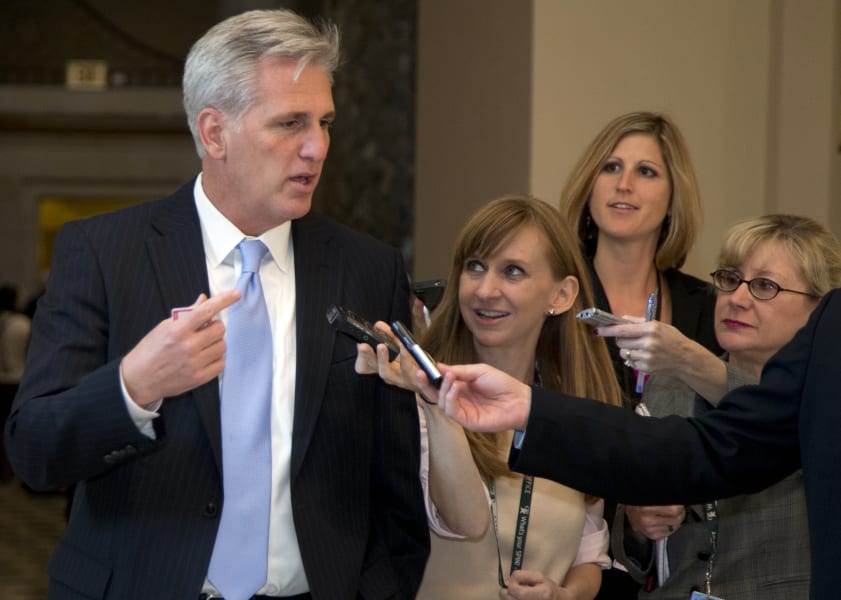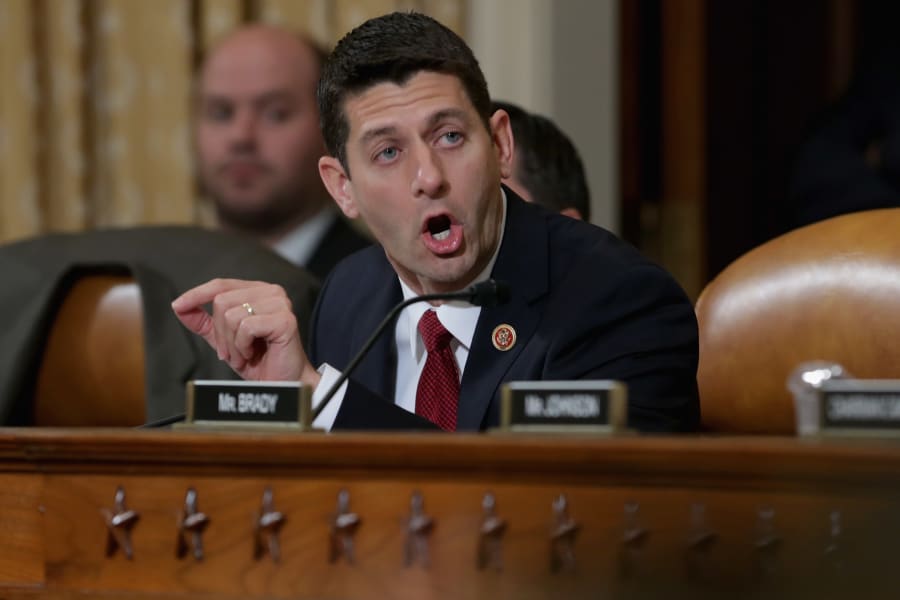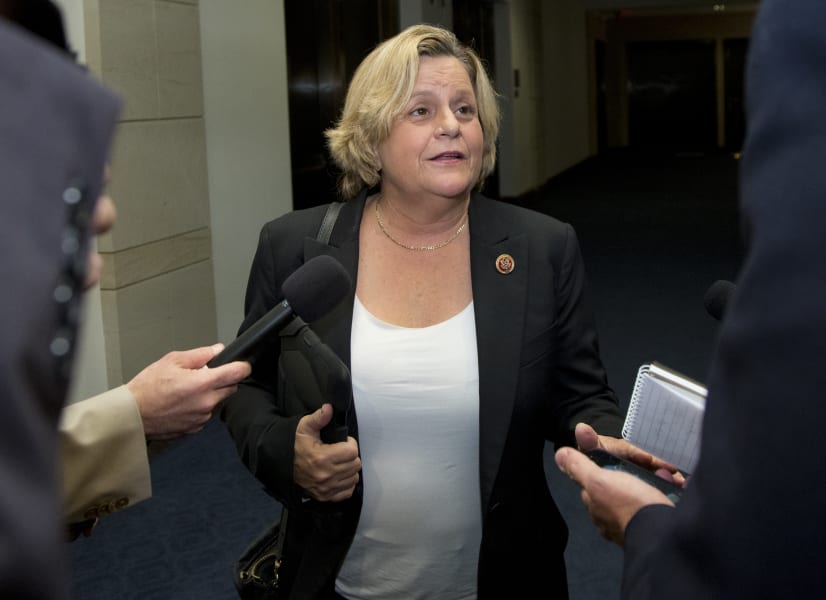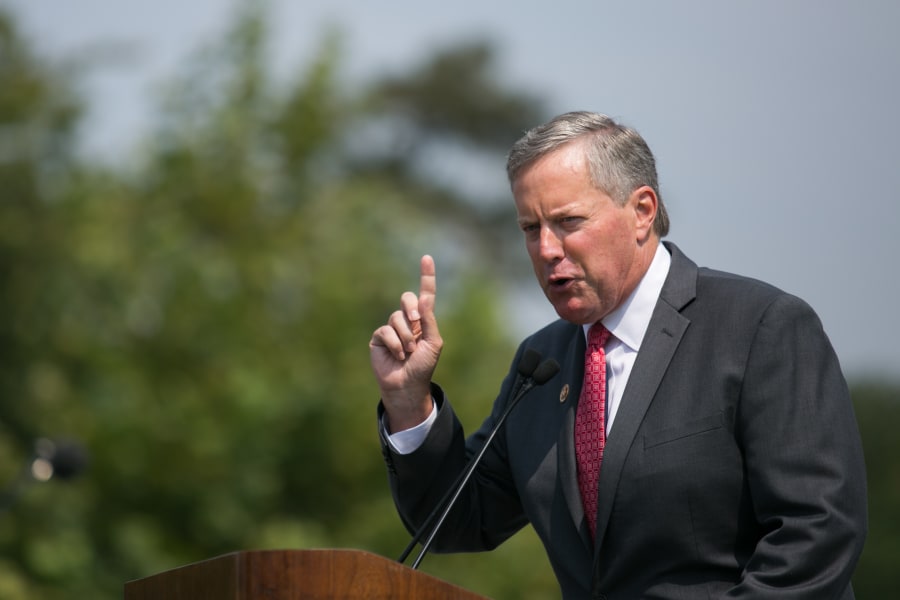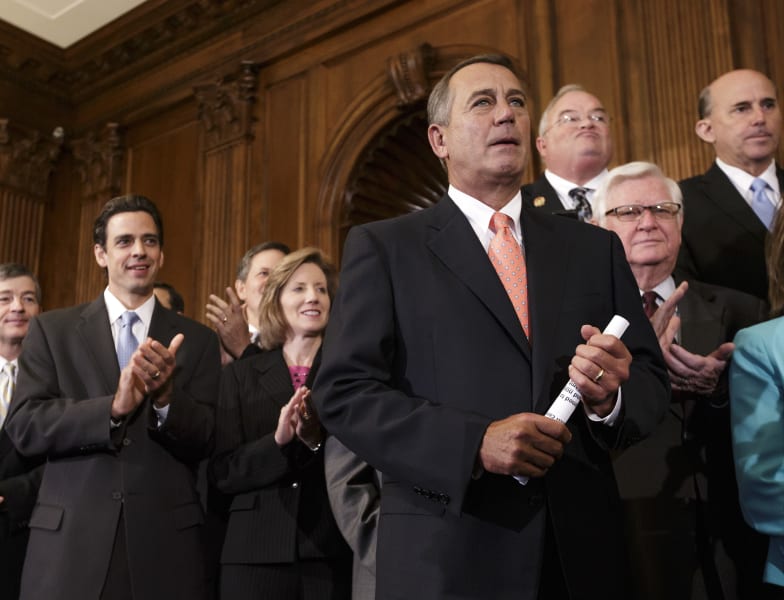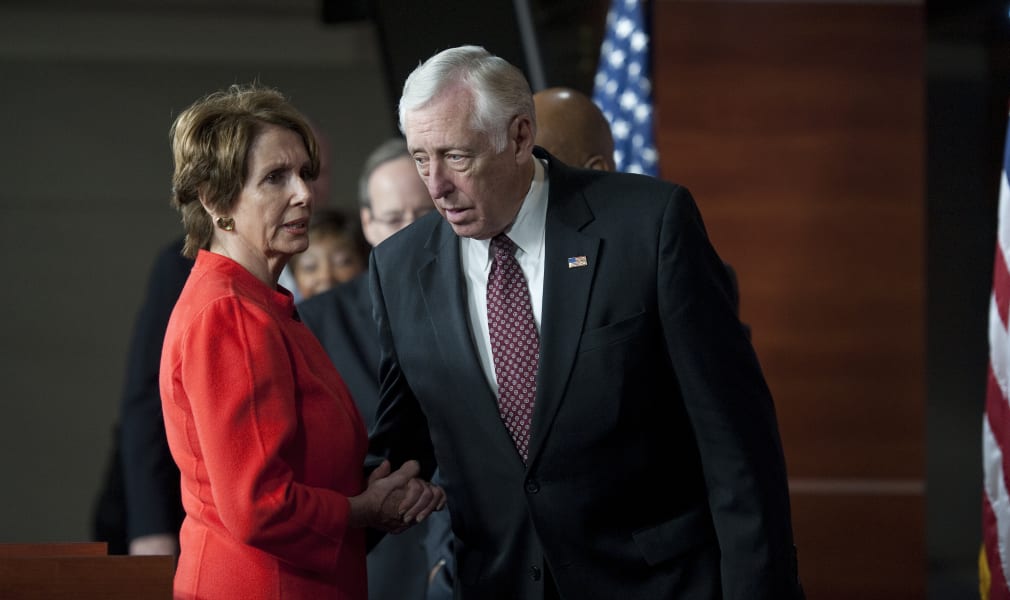Share
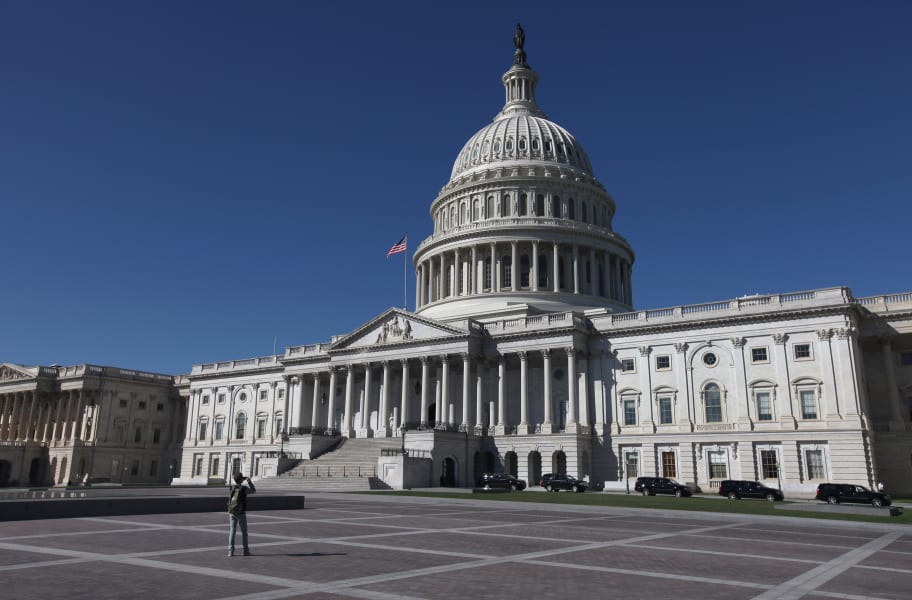

1 of 18
The game is the same, but many of the players have changed. Congress and the president are facing off in another supreme spending showdown. This last happened in 2011, when Congress avoided a shutdown by passing a spending measure shortly after the midnight deadline hit. Who controls what happens this time? Take a look at the key players who will determine how this fight ends.
-- From CNN Capitol Hill Reporter Lisa Desjardins. CNN's Deirdre Walsh and Ted Barrett contributed to this report. Julia Schmalz/Bloomberg/Getty Images
-- From CNN Capitol Hill Reporter Lisa Desjardins. CNN's Deirdre Walsh and Ted Barrett contributed to this report. Julia Schmalz/Bloomberg/Getty Images
Rep. Mark Meadows, R-North Carolina -- The architect. During Congress' August recess, the tea party-backed freshman wrote to Republican leaders suggesting that they tie dismantling Obamacare to the funding bill. Though initially rejected by GOP leadership, 79 of Meadows' House colleagues signed on to the letter, which quoted James Madison writing in the Federalist Papers, "the power over the purse may, in fact, be regarded as the most complete and effectual weapon ... for obtaining a redress of every grievance." Getty Images
Speaker John Boehner, R-Ohio -- The coach. He'll make the key play call. The top Republican leader in the land may be the most important player in the days immediately before a possible shutdown. Boehner could decide whether to push through the Senate's version of a spending bill and keep government running, or he could float a third version with some other Republican wish list items in it. If he takes the second option, Boehner could risk a shutdown but could also force the Senate into a tough position: give House Republicans something or send federal workers home. Timing on all this will be critical. J. Scott Applewhite/AP
Sen. Ted Cruz, R-Texas -- The revolutionary or rabble rouser, depending on your viewpoint. The tea party firebrand could lead a long filibuster on the Senate floor, delaying passage of a spending bill until just one day before the deadline on Monday, September 30. Cruz has stoked the anti-Obamacare flames all summer, but recently angered fellow Republicans by openly saying that the Senate does not have the votes to repeal the health care law. J. Scott Applewhite/AP
Sen. Marco Rubio, R-Florida -- Senator to watch. The potential presidential candidate has been one of three senators (Cruz and Mike Lee, R-Utah, being the others) pushing to use the government shutdown debate as a way to repeal or defund Obamacare. But watch his actions and language as a shutdown nears to see if he digs in or if downshifts at all. Bill Clark/CQ Roll Call/Getty
Sen. Harry Reid, D-Nevada -- The man steering the ship in the Senate. Master at using Senate procedure to his advantage, Reid is the main force in controlling the voting process in the chamber and ensuring that an attempted filibuster by tea party-types fails. The majority leader will be a primary negotiator if we reach phase three, if the House does not accept the Senate spending bill. Mark Wilson/Getty Images
Sen. Mitch McConnell, R-Kentucky -- If Reid steers the ship, McConnell controls the headwinds. Which is good news for Reid, at least initially. The Republican leader and several of his members say they will vote against Cruz's filibuster and in favor of a spending bill with no limits on Obamacare. Meaning, in favor of a bill that just funds government. McConnell generally has been leery of running into a shutdown or default. In fact, one legislative method for avoiding default is named after him. Drew Angerer/Getty Images
Sen. Patty Murray, D-Washington -- The consigliore. Murray, center, does not seek the outside limelight, but the Senate Budget Committee chairwoman is a major fiscal force behind the scenes on Capitol Hill. Known by fellow Democrats as a straight shooter, she is also an experienced negotiator, having co-chaired the laborious, somewhat torturous and unsuccessful Super Committee. J. Scott Applewhite/AP
Rep. Tom Graves, R-Georgia -- The new militia leader. The freshman congressman from Georgia, second from right, is one reason the debate has reached this point. Graves led the charge that blocked the original proposal by House Republican leaders. That would have kept government funded and had a detachable portion on Obamacare. Instead Graves and other conservatives forced their leaders to pass a spending bill with a mandatory defunding of Obamacare. J. Scott Applewhite/AP
Rep. Peter King, R-New York -- The blunt statesman. King is outspoken against many tea party tactics, calling the move to tie Obamacare to the must-pass spending bill essentially a suicide mission and Cruz "a fraud." He is pushing for Republicans to accept a more "clean" spending bill that can pass the Senate and avoid a shutdown. Drew Angerer/Getty Images
Thomas Donohue, president and CEO of the U.S. Chamber of Commerce -- The heavy. Donohue is known for his deep connections and his aggressive lobbying on behalf of business. He and the Chamber are urging Republican lawmakers to avoid a shutdown. The Chamber is an important political backer for conservatives, but has had mixed success with the current Congress, locking in firm anti-tax positions but unable to push through immigration reform so far. ANDREW HARRER/POOL/EPA /Landov
Michael Needham, president of Heritage Action -- The driving force. Needham runs the political offshoot of the conservative Heritage Foundation and has been unrelenting in urging lawmakers to repeal Obamacare. He has told Republicans not to fear a potential shutdown, saying they would suffer more politically from allowing Obamacare to continue. From: Heritage Actiion
President Barack Obama -- The campaigner and CEO. Expect the president to use his podium more as a shutdown nears, aiming at public opinion as Democrats in Congress position themselves. If House Republicans send back a new proposal close to the September 30 deadline, the president and Democrats will have to decide what move to make next. Jamie Squire/Getty Images
Rep. Eric Cantor, R-Virginia -- The powerful lieutenant. Cantor, the House Republican No. 2, is much more closely allied with conservatives and tea party members in the House than is Speaker Boehner. The two have not always agreed on every strategy during potential shutdown debates, but have been in public lockstep during the current go-around. Bill Clark/CQ Roll Call/Getty
Rep. Nancy Pelosi, D-California, and Steny Hoyer, D-Maryland -- Players on deck. The top two House Democrats are mostly watching and waiting. But they will play a critical role once Boehner decides his next move. They could either bring Democratic votes on board a deal or be the loudest voices against a new Republican alternative. Hoyer will be interesting to watch; he has strongly opposed both the House and Senate plans as cutting too much in spending. Douglas Graham/CQ Roll Cal/Getty
Rep. Kevin McCarthy, R-California -- The numbers guy. McCarthy, the House whip, has the tricky job of assessing exactly where Republican members stand and getting the 217 votes it takes to pass a bill in the chamber. He is known for his outreach to and connection with many of the freshmen House members who align with the tea party. Carolyn Kaster/AP
Rep. Paul Ryan, R-Wisconsin -- Member to watch. The vote of the House budget chairman and former vice presidential nominee is an important signal both within Republican ranks and to the public at large. Ryan has voted against some funding measures in the past, including the emergency aid for Superstorm Sandy recovery. But he was a "yes" on the last extension of the debt ceiling. Chip Somodevilla/Getty Images
Rep. Ileana Ros-Lehtinen, R-Florida -- Another member to watch. A former committee chairwoman (Republican rules have term limits for committee chairs), Ros-Lehtinen knows House politics and procedure inside out. Depending on the issue, she has been described as a conservative or moderate, and occasionally as a libertarian. Carolyn Kaster/AP
